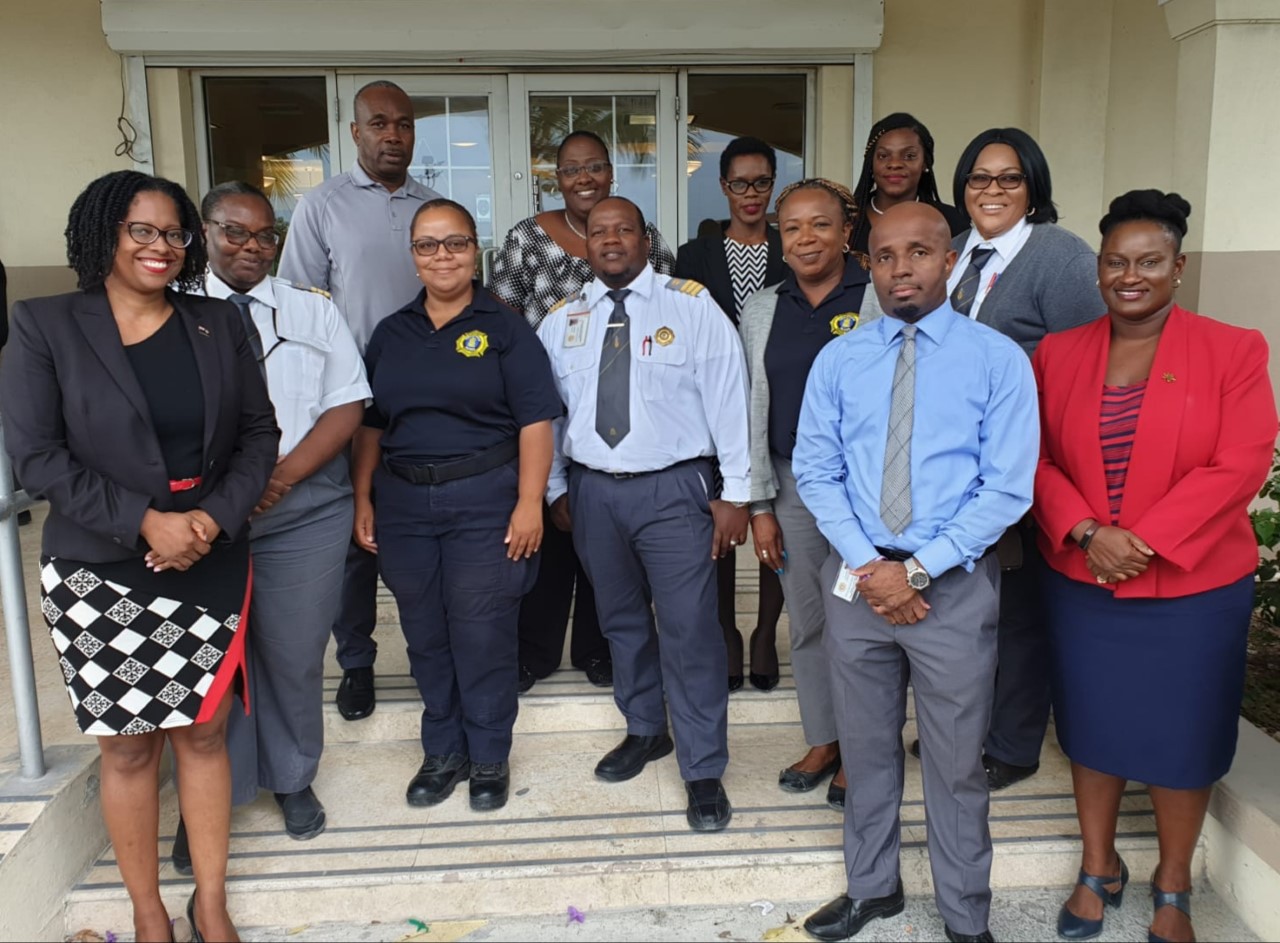PRESS RELEASE - Customs Department Hosted Training on Anti-Money Laundering (AML)

PRESS RELEASE
Customs Department Hosted Training on Anti-Money Laundering (AML)
On the 2nd and 3rd of October, 2019 Managers and Senior Officers of the Customs Department participated in Anti-Money Laundering (AML) training facilitated by the Attorney General’s Chambers.
Money laundering is ubiquitous and a great hazard to the National Economy. Customs Departments around the world are confronted with Money Laundering and its predicate offences, not just limited to drug related offences but also financial fraud and in particularly, tax and duty evasion. The Department’s aim is to increase its awareness of and ability to fight corrupt practices associated with Money Laundering, and the predicate offences, such as trade-based Money Laundering by increasing awareness, developing Department-wide Training Programmes and advocating best practices.
In keeping with this, the recently held AML Training enabled participants to gain an understanding of the Financial Action Task Force (FATF) 40 recommendations and the status of the Turks and Caicos Islands in the Mutual Evaluation Report process. Participants were also introduced to the documents and Legislative Amendments that have been made to date to strengthen the TCI’s AML/CFT Framework in line with the FATF recommendations.
Commenting on the training, the Collector of Customs Ms. Chawa Williams stated; “This training is not only crucial, but timely. It comes at a pivotal time where the TCI’s Mutual Evaluation Report will be tabled at the Caribbean Financial Action Task Force (CFATF) Plenary this November. Money Laundering and the predicate offences are becoming more and more prevalent within the Caribbean Region, and so we must prepare and equip ourselves to address these threats head on. This training is part and parcel of a rigorous set of planned training in the area. It sought to apprise officers of our obligations. Other training sessions will focus directly on Trade based Money Laundering typologies, such as fictitious shipments, under invoicing and over invoicing. We are exceedingly grateful to the AG Chambers for all of their assistance and we look forward to their continued support.”
Subsequent training will be organized to ensure the information received is trickled throughout the department’s staff complement.
END
